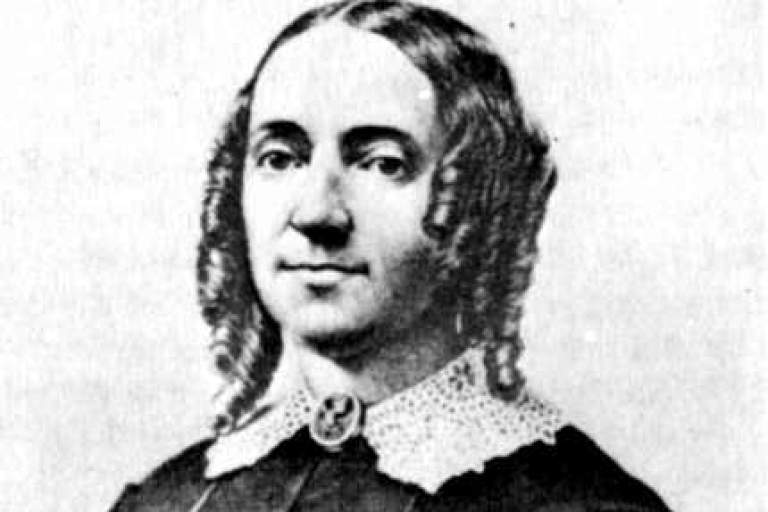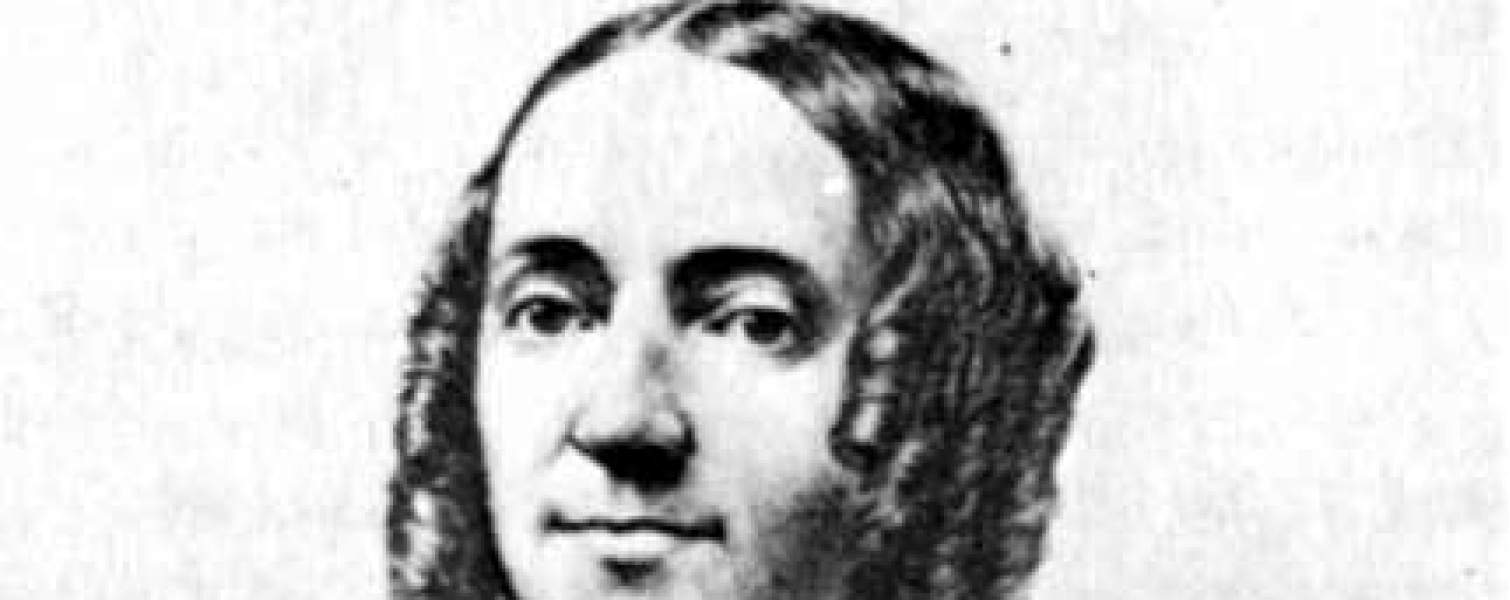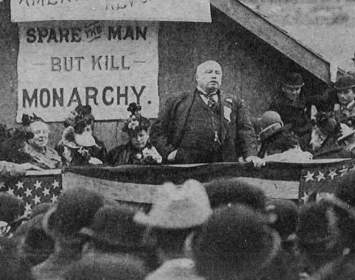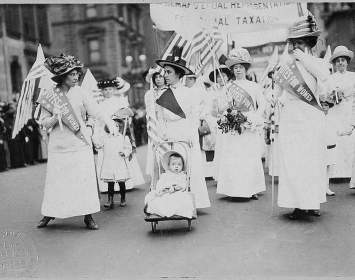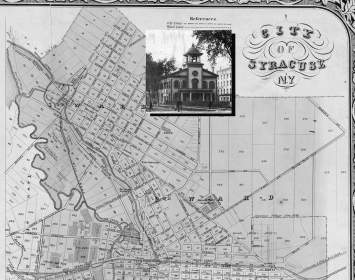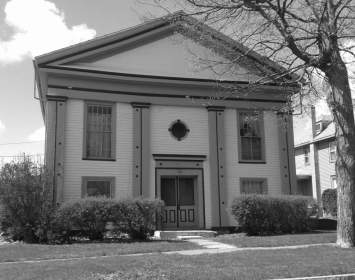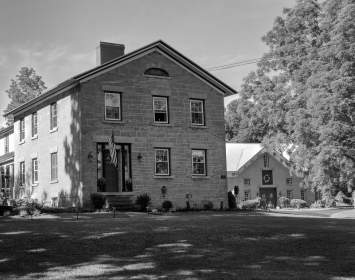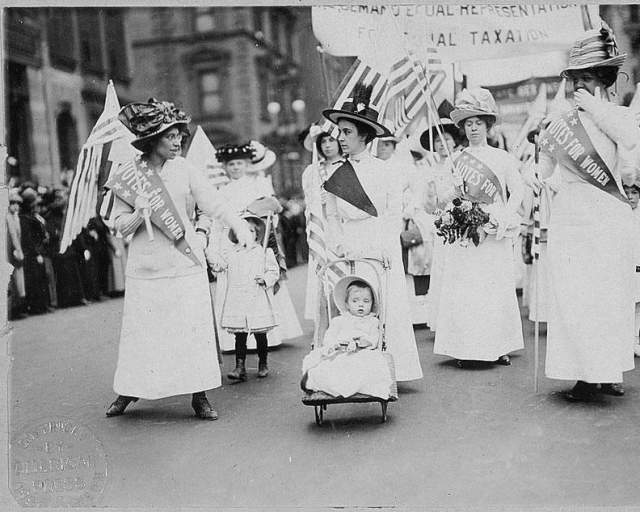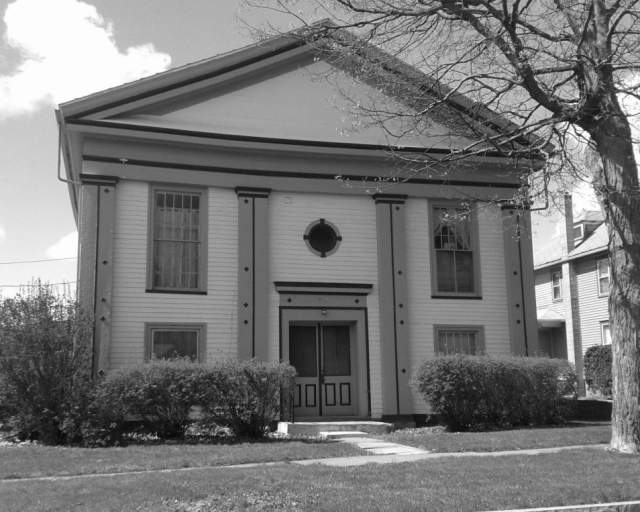
Ernestine L. Rose (1810–1891) was one of the earliest and most prominent advocates of woman’s rights and freethought. (Nineteenth-century practice was to use the singular, woman's, when referring to women as a class; later practice was to use the plural, women's.)
She was born Ernestine Potowski of Jewish parents in Poland. Rebelling against the strict Judaism of her home, she wandered to London, where she met and married William Rose, a broadminded advocate of the reformer Robert Owen. The Roses moved to New York City in 1836. Her husband supported her as she became one of America’s first female public speakers on behalf of woman’s rights and freethought. Starting in 1836, she campaigned for a pioneering law that gave New York women rights in their husbands’ property; New York's Married Women's Property Act was finally enacted in 1848.
In part because of her experience at public speaking in what was for her a second language, Ernestine Rose became one of the woman’s rights movement’s most reliable orators.
Rose was already prominent in radical circles by October 14, 1843, when she addressed a convention marking the formal launch of the utopian Skaneateles Community promoted by John Anderson Collins. Attendees included Hezekiah Joslyn, his wife, Helen, and their teenage daughter Matilda, who would later gain fame as woman suffrage activist Matilda Joslyn Gage.
Despite her open atheism, Rose often addressed assemblies in liberal churches on issues of woman’s rights. Notably, in January 1855 she joined high-profile feminist Susan B. Anthony to address a woman’s rights convention in a Wesleyan church at Penn Yan, New York.
In 1869 the woman’s movement split between moderates led by Anthony—who sought to make common cause with Christian groups such as the Women’s Christian Temperance Union—and more radical feminists such as Elizabeth Cady Stanton and Matilda Joslyn Gage, who viewed the church as a historic oppressor of women. Discouraged, Ernestine Rose and her still-radical husband moved to England, where they abandoned activism and focused on living frugally in their declining years.
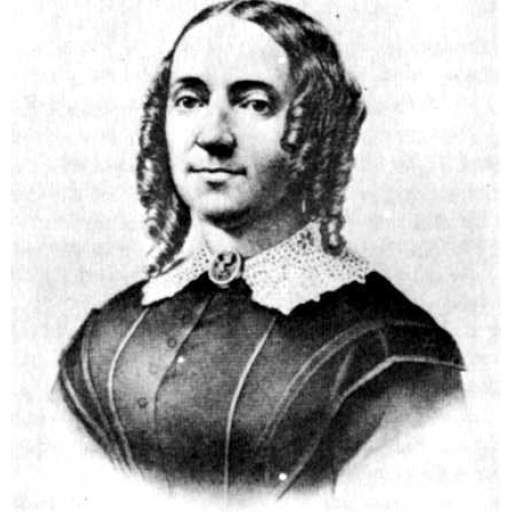
Ernestine L. Rose
Ernestine L. Rose.
Associated Historical Events
Third National Woman’s Rights Convention
September 8–10, 1852
Woman's Rights Convention in Penn Yan
January 10, 1855
